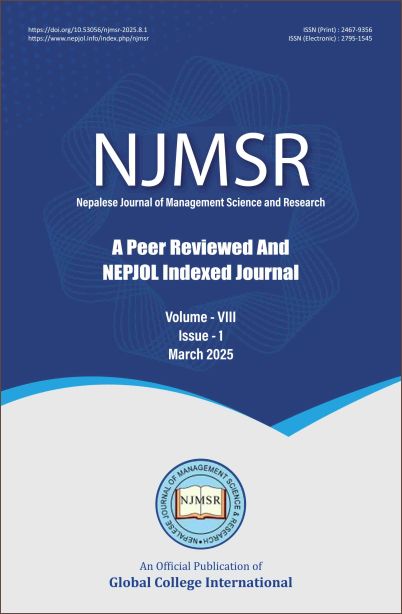Technological Mediation and AI for Agility in Hospitality and Tourism: A Sociological Analysis through the Lens of Structuration and Network Theory
Keywords:
Agility, Organizational strategy, Human behavior, Artificial intelligence, Tourism and hospitalityAbstract
This study explores how AI and future technologies enhance Agility in the hospitality and tourism sectors, using network and structuration theories. AI-driven solutions, such as predictive analytics and automated customer service, have made these industries more responsive to market demands by transforming customer-provider interactions. Giddens’ Structuration Theory reveals how AI shapes and is shaped by human behavior, influencing organizational strategy, consumer engagement, and decision-making. It emphasizes how AI integration creates new norms, power dynamics, and workforce roles. Network Theory highlights the importance of digital connectivity, allowing businesses to adapt quickly to market shifts. The study also examines the social impacts of AI, including changes in labor dynamics and customer experiences. Using secondary research, it offers a sociological perspective on AI’s transformative effects, providing valuable insights for academics, industry professionals, and policymakers.
Downloads
Downloads
Published
How to Cite
Issue
Section
License

This work is licensed under a Creative Commons Attribution-NonCommercial-NoDerivatives 4.0 International License.
This license enables reusers to copy and distribute the material in any medium or format in unadapted form only, for noncommercial purposes only, and only so long as attribution is given to the creator.

